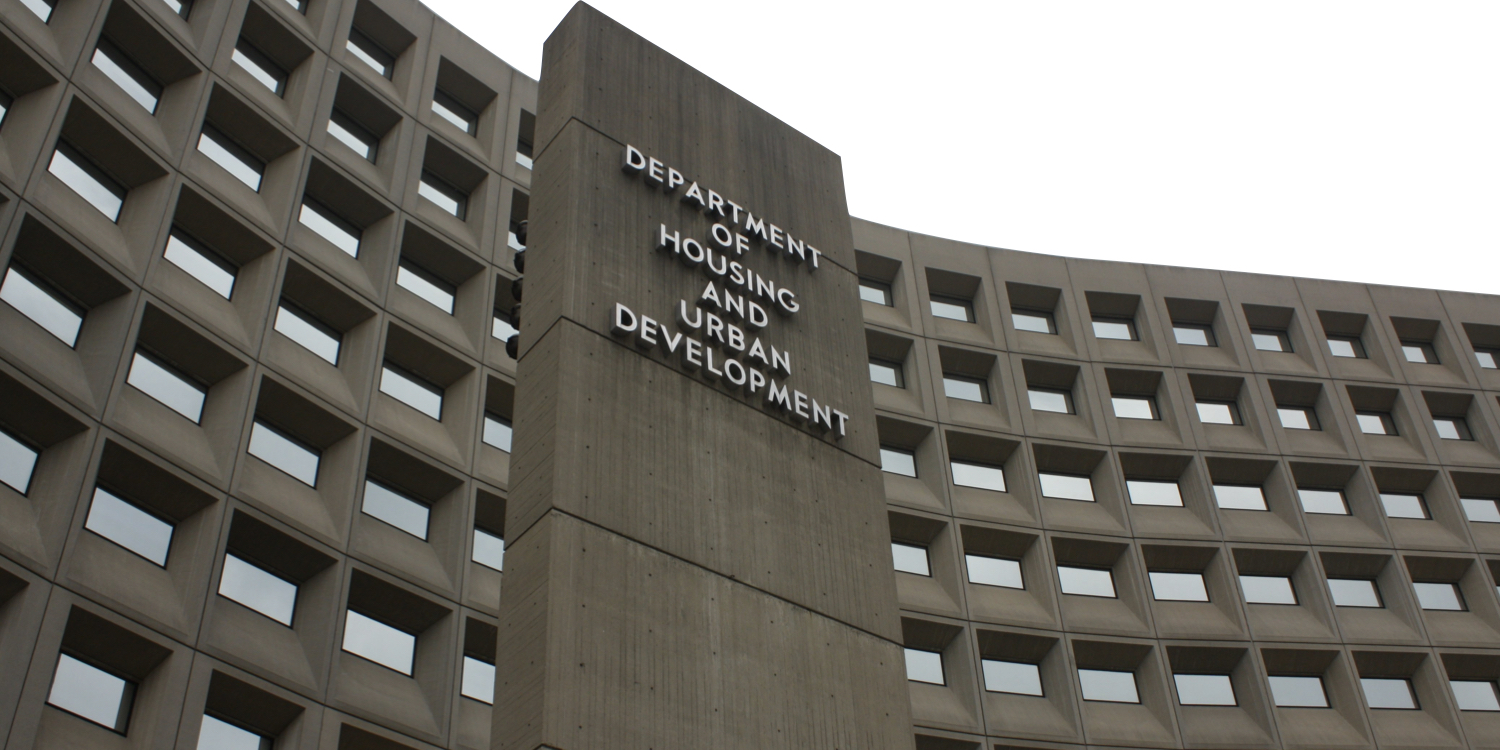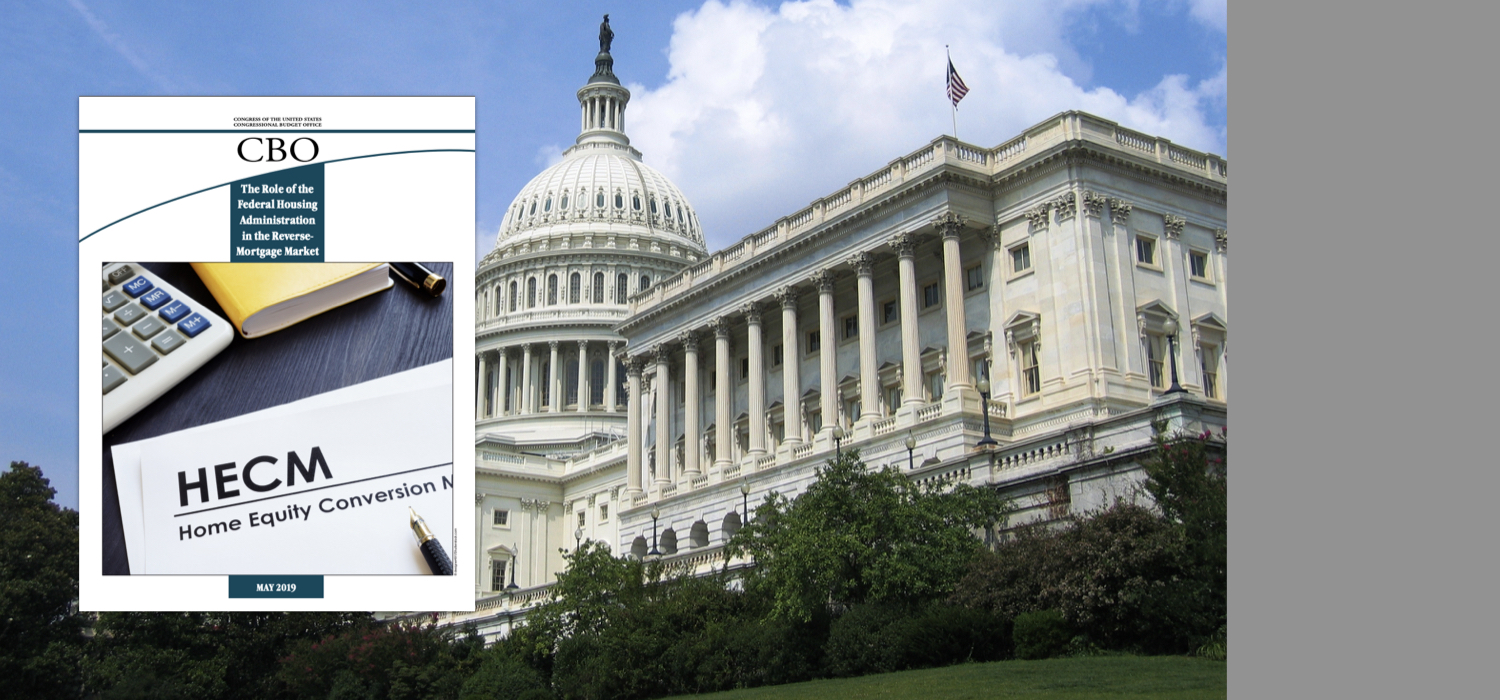HUD’s 2025 Congressional Budget Justifications reveals proposed HECM changes
Will HECMs return to regional loan limits? This question arises from the Biden Administration’s 2025 Federal Budget and HUD’s 2025 Congressional justifications for their budget request. Today I’m going to walk you through the relevant changes including several notable proposed legislative changes to the Home Equity Conversion Mortgage program.
First, the proposal to allow HUD to establish regional loan limits. The Congressional justification states, “Currently, Home Equity Conversion Mortgages (HECMs) are subject to a single national HECM limit of $1,149,825 regardless of property location”. If approved this proposal would allow, but not require, HUD to establish regional loan limits aligned to the limits currently in place for the single-family Forward program.
The operative words are allow versus require which means the agency could potentially use their discretion to determine which areas would fall under a lower HECM limit. If Congress were to approve such legislative changes borrowers with higher-valued homes in Low Cost Areas would be most impacted. While HUD’s motives are unclear such limits if enacted would substantially reduce available HECM loan proceeds leaving a much larger equity cushion for homes that far exceed county limits.
For example, the single-family single-unit loan limit for traditional or forward FHA loans in a low-cost area is $498,257. That’s over $650,000 less than the current national HECM limit. Those originating in counties with lower average incomes and values would be most impacted.
But let’s look closer at some real-life examples. Using HUD’s FHA mortgage limit lookup tool we’ll look up the list of FHA limits in Kansas City, Missouri. As we can see every county in the state falls under the low-cost area limit of $498,257 for single units. If a regional limit were enacted, a 72-year-old reverse mortgage applicant in Kansas City Missouri with a home appraised at $750,000 at an expected rate of 7.25% would see their gross principal limit reduced from approximately $271,000 under today’s HECM limit regime down to $180,000- a $91,000 reduction in proceeds with only $498,257 of the home’s appraised $750,000 value considered.
Let’s try a state with a concentration of higher-valued homes, California. Here you’ll see both Low Cost Area and High Cost Area limits for single-unit properties by county or Metropolitan Statistical Area. Remember, these are not conforming limits but FHA limits. Some counties such as Los Angeles currently have a $1,149,825 maximum which is the same as our current national HECM limit. Keep in mind, that these loan limits are presently for FHA-insured forward mortgages.
Other regions such as Kern County and Bakersfield have homes that are typically worth far less than homes in larger metropolitan areas. Kern County’s 2024 FHA limit is $498,257 while areas such as San Jose, San Francisco, and Los Angeles all fall under the high-cost limit.
When considering these proposed legislative changes remember that similar requests to return to regional HECM limits, prohibiting HECM refinances, among others have been put forth but never passed by Congress.
Other notable proposed legislative changes to the HECM if approved by Congress include requiring HECM counseling for all refinance HECM transactions regardless if they received counseling within the last five years which is the current standard. Another proposal is to clarify the definition of a non-borrowing spouse as the NBS identified at the time of origination, but not to subsequent spouses. A removal of the cap on the number of HECMs that can be insured by FHA is also proposed. Lastly, since HUD has complied with the requirement that the HECM Actuarial Analysis examines the impact of HECM premiums, lower upfront premiums for refinances, and the existing national loan or HECM limit, the agency is asking for a conforming change to collect lower insurance premiums for HECM-to-HECM refinances. It’s unclear if that means the agency could eliminate or reduce the current upfront mortgage insurance premium credit allowed for refinances.
Of course, we will keep you updated should we see any developments regarding these proposed HECM legislative changes.
.














